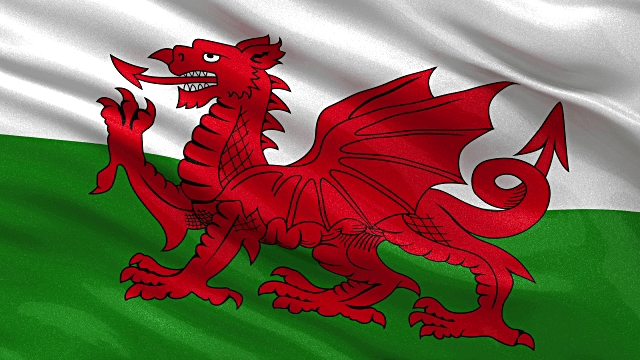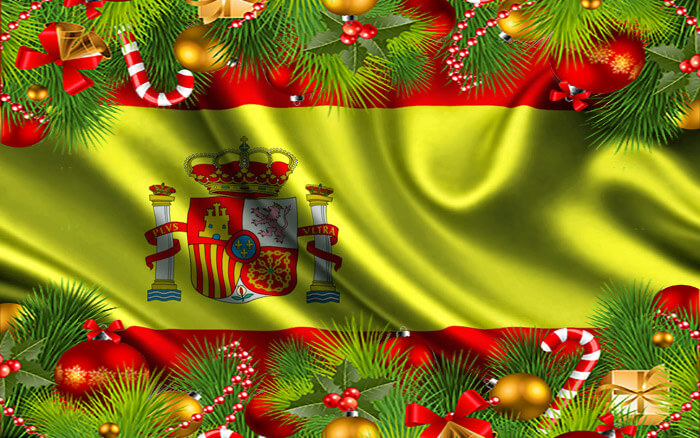Results
-
£31.00
La Marche des Scythes - Joseph-Nicolas-Pancrace Royer - Thierry Caens
Estimated dispatch 7-14 working days
-
£23.00
La Muerte Del Angel - Astor Piazzolla - Thierry Caens
Estimated dispatch 7-14 working days
-
£28.00
-
£23.00
La Revoltosa - Ruperto Chapi Lorente - Fort Francisco Zacares
Preludio
Estimated dispatch 7-14 working days
-
£12.00
-
£21.00
Recuerdos de La Alhambra - Francisco Tarrega - Fort Francisco Zacares
Estimated dispatch 7-14 working days
-
£27.00
-
 £24.50
£24.50Marching Through Wales - Various - Chris Cooper
Music from God's own country! This great item treats your audience to some of the greatest tunes that Wales has to offer, in an all round rousing, foot-tapping arrangement. Music including Calon LAn, The Ash Grove, Hyfrydol, Myfanwy, Ar Hyd Y Nos, Blaenwern & Men of Harlech has all been given the military treatment and is a perfect audience pleaser for both the bandstand and the concert hall. A must for all band libraries.
In Stock: Estimated dispatch 1-3 working days
-
£29.50
Mexican Hat Dance - Trad - David Hollins
One of the most famous tunes to ever come out of South American has now been arranged as a brilliant comedy item for a cornet trio. This arrangement, titled, as "La Danza Del Sombrero Mexicana", is a wonderful showpiece for your band and 3 cornet players. After the main theme, cadenzas from the 3 soloists lead us into a Habanera before returning to the well-known melody. This item works in just about any concert, from bandstand to opera house. Lending itself perfectly to choreography, this comic item is the perfect audience pleaser.
In Stock: Estimated dispatch 1-3 working days
-
 £29.50
£29.50A Spanish Christmas - Trad - Chris Brown
Add something different to your Festive programmes this year with this light-hearted work featuring well-known carols of a Spanish flavour. The work contains three carols, Fum,Fum,Fum, A la Nanita Nana & Arre Borriquito. The music is skilfully arranged in an entertaining work that is sure to engage all players and draw in your audiences as their feet tap along to the Spanish feel of Christmas.
In Stock: Estimated dispatch 1-3 working days
